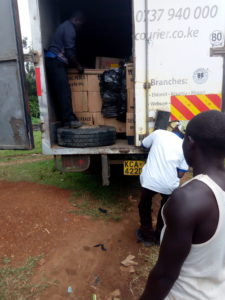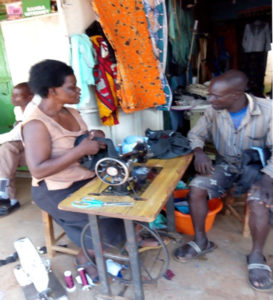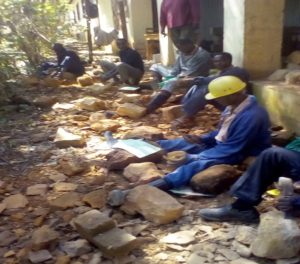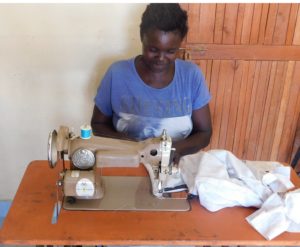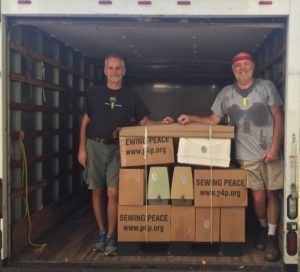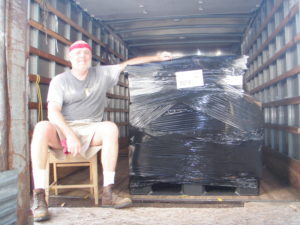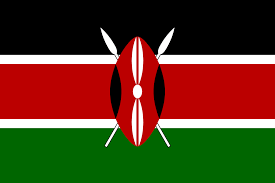By Tom Ademba
Fall 2018 InStitch
[In March 2018 Sewing Peace made its first shipment to Aid the Needy in Homa Bay, located on the eastern shore of Lake Victoria in Western Kenya. The shipment of 72 sewing machines arrived in June. It was funded in part by the William and Helen Mazer Foundation of New Jersey.]
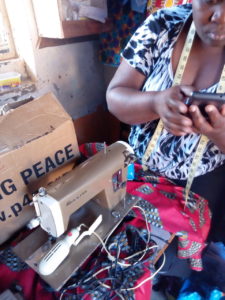
One of the beneficiaries of our first SP project in Kenya is a group called the Maseno Deaf Project. This is an organization of deaf people in Western Kenya running small businesses. They requested Aid The Needy to support them with a few sewing machines. They are making school uniforms, and designing various household garments that they sell to support their families. The group has 36 members working towards economic development.
Another Aid the Needy project is at the Atela Secondary School, where they use sewing machines in their Home Science classes. Atela Secondary School is a rural institution supporting education of young people from the smallholder farming communities in Rachuonyo District, Homa Bay County, Kenya. The school has a Home Science curriculum where sewing machines are a critical part of the syllabus. They now have good machines that support their classes.
Mother Teresia Van Miert, in Oyugis town, is a school run by the Franciscan Sisters supporting education of young children. The School has more than 300 children. By regulation, the school children must have uniforms. With SP sewing machines they are able to produce the uniforms within the school and make them affordable to the parents.
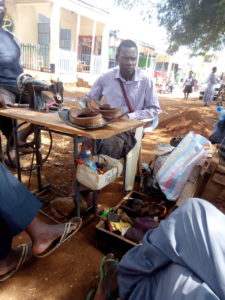 Luke is a cobbler who repairs shoes and bags, including lots of school bags. He also designs footwear from car tires. He does it so well that with only a few tools he earns good money. He purchased one machine that can run both manually and electrically. He operates under a shade tree in Oyugis Town, Homa Bay County, Kenya.
Luke is a cobbler who repairs shoes and bags, including lots of school bags. He also designs footwear from car tires. He does it so well that with only a few tools he earns good money. He purchased one machine that can run both manually and electrically. He operates under a shade tree in Oyugis Town, Homa Bay County, Kenya.

